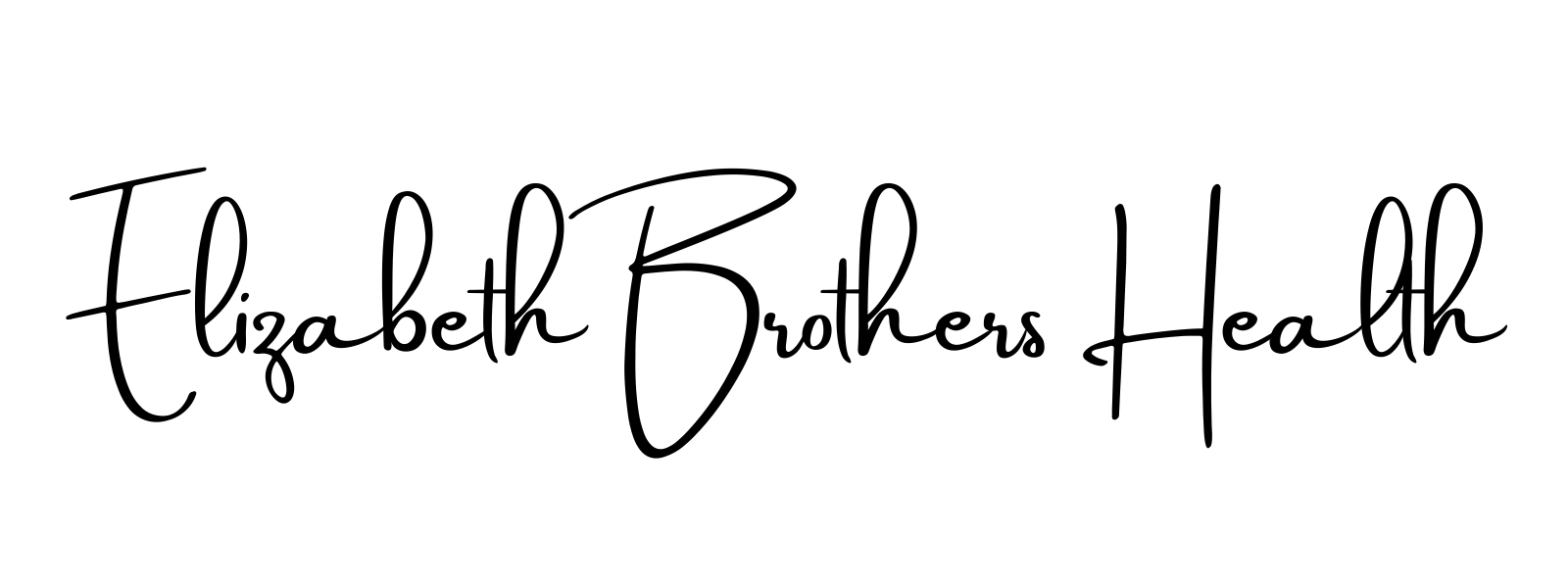Do you go to bed at night and lie awake for hours? If it’s more than 30 minutes, that can signal that something is off.
There are a few reasons why this might be the case.
I’ve talked about melatonin before, but let’s talk about another fun little item: adenosine.
I know – not very exciting. But I promise this is relevant to you!
Adenosine is a chemical in the body that actually has a lot of different functions. One of its secondary functions is to make us tired. When we wake up in the morning we have very low levels of adenosine, but it gradually builds up throughout the day, and the higher the levels get, the more tired we feel.
But overnight, during sleep, the body works to clear out that adenosine. And by the morning, after a good night’s sleep, our adenosine levels should be low.
Should be. That’s dependent on a good night’s sleep.

If you have had a good night’s sleep, and you’re waking up with low adenosine, the goal is to get high levels of adenosine by the end of the day.
How do we do that?
We can’t actually do much to increase the adenosine during the day, but we can do two key things about how the adenosine makes us feel:
Caffeine. Caffeine binds to the adenosine receptors in our brain, so it blocks the adenosine from binding to them directly. Caffeine doesn’t change the levels of adenosine in our brain, it just changes what we feel. The more caffeine we drink in the day, the more alert we’ll feel, because we can’t feel the effect of the adenosine.
A caffeine boost early in the morning can help “clear the cobwebs” in some people’s brains – by blocking that adenosine. But caffeine has a half-life of about 5-6 hours, which means that most people will feel the effects of a cup of coffee for about 5 hours.
Caffeine does not impact everyone in the same way. Sometimes people can metabolize caffeine a lot more quickly, which means they might only feel the effect of caffeine for a couple of hours. Some people take a lot longer to metabolize caffeine, meaning they might feel the effect of caffeine for most of the day. And some people have slightly different shaped adenosine receptors, which means caffeine might not impact them at all. For these people, they might not get that initial pick up from caffeine at all, or it might be somewhat lower than normal.
When we consume caffeine too late in the day, it can block those adenosine receptors late into the day, preventing us from feeling tired when it’s time for bed. This is one of the reasons it’s so important to cut caffeine off early in the day, especially if you’re someone who is very sensitive to caffeine.
One more thing to add about caffeine – do you feel a crash of energy after your caffeine wears off? If you do, it’s because you might have high levels of adenosine now banging into all of those now empty receptors! That overwhelm of fatigue can really lead people into reaching for that next cup of coffee, and it can become a very vicious cycle.

Napping. The thing that will impact our actual adenosine levels, rather than blocking them, is napping. When we nap (i.e. sleep), it gives our body a chance to clear out some of that adenosine. It depends on a lot of factors, such as the duration of the nap and how long you’re sleeping. But generally a nap doesn’t last 8 hours, so it’s unlikely a nap will fully reset your adenosine levels. But a long enough nap will clear some of it, and can definitely impact the levels for later in the day, preventing you from feeling tired. This is why napping too long isn’t recommended, and the timing of the nap can be impactful too. A nap later in the day can interfere with your sleep more than one earlier in the day.
Does this mean you shouldn’t nap? It means you should nap smartly! Keep your naps relatively short – 20 minutes max. That good old power nap. You can also reset your brain with mindfulness activities. These have been shown to be as effective as a quick nap at improving energy mid-day.
But what happens if you don’t have a good night’s sleep? Well, if that’s the case, your body might not have the time or ability to fully clear the adenosine out. Which means that you’re starting your day already feeling tired. Those are the days when you might feel like you need the caffeine the most, right? Other than hooking up the caffeine IV line, there isn’t much you can do to reset that adenosine. Do beware of napping too late in the day, as that might interfere with your sleep that night, which is really the sleep that you need.
If you find this is your typical pattern, waking up day after day not having had a good night’s sleep, then you really do need to focus on your sleep. Focus on getting that good night’s sleep, reliably, night after night. And that’s what I can help you with!
Send me a message if you want to sort out your sleep!
